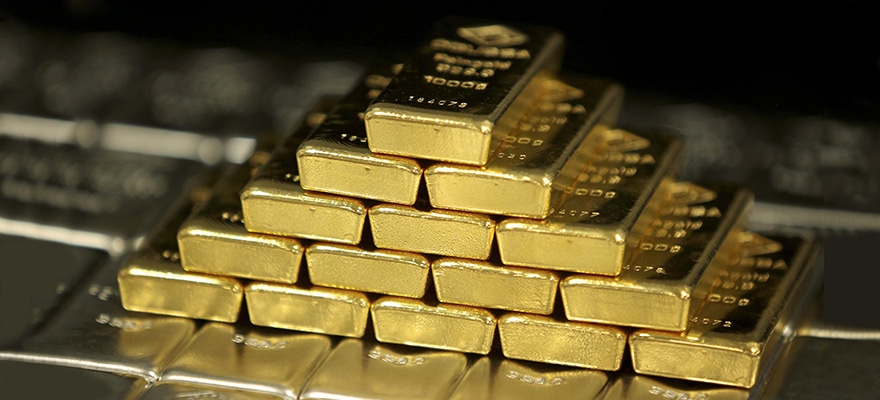Trading in forex, commodities, or stocks amid a world crisis is extremely dangerous, but at the same time, it highly profitable.
Here are some useful rules traders in a world crisis can follow to be profitable and prevent blowing up their trading account.
- Anticipate market moves every day to be at least as big as the most significant daily move since the crisis started.
- It is entirely possible for a stock market to decline by 50% in just a few days.
- A world crisis is a perfect time to short stock markets. In times of more normal, moderate crises, short-sellers tend to end up being trapped by dip buyers.
- The first several weeks is the part of a world crisis where it gives the best trading opportunity. So, the initial days of the crisis is the best time to open new trades.
- Always make the position sizes small. This is a very crucial part. It might be tempting to open big trades as traders become confident in making a fortune. But do not do it. Adjust down to a factor in the very high volatility.
- Make sure to keep stop losses tight, relative to the volatility. Do not think that just because volatility is high, you must make stops extra-wide to provide trades a chance to survive. It doesn't matter if you lose trades if you make the trade position sizes small, as even winning traders lose lots of trades.
- Ignore the support and resistance levels, even in Forex . And this is because the strong sentiment and mostly lack of Liquidity will generally overpower it. One exception for this is when the price already made a massive move for the day, as large as a recent day's average move, and displays strong hints of reversing.
- Do not finish trade too early bu looking for profit targets. Try to wait for reversal price action, even if it is in a short time frame. If traders will try to pick exit targets, they would nearly be far too conservative and miss out on the winners' great profits - typical human nature.
- Brush off the feeling like you need to trade everything. It might be enough to trade a major stock market index, a major commodity, and a forex pair at any one time. Sometimes, traders might want to switch between them. Keep in mind that market correlations are typically remarkably high during a world crisis. Thus, make the total risk of three open trades in mind and the high volatility when sizing the positions.
- Do not enter trade while in a panic. In a world crisis, you or people around you might face danger. It is not easy to enter a trade and decide while worrying that you sneeze might be the beginning of coronavirus. If your mental health is at risk, take a break. There will always be another opportunity the next day.
What to Trade
In times of a world crisis, the best assets to trade are those that often make strong directional moves. At the same time, keeping at least enough liquidity to be tradable without serious problems. Here are some of them:
- Major stock indices like the S&P 500, the Dow Jones Industrial Index, the DEX, or the Nikkei 225. Typically, it is best to trade one of the American ones short - until the crisis starts to finish when these indices become long-term buys. The major American indices are the S&P 500 and the Dow Jones Industrial Index.
- Crude Oil. This must decline quickly as it becomes apparent that global economic demand is drastically ramping down.
- Precious metals - gold and silver. They might move powerfully either up or down, depending upon the nature of the crisis. Also, this can become complicated. Thus, new traders should leave this alone.
- Forex currency pairs. These often display slight directional movement. Also, it could be some of the biggest movers of any asset in a world crisis as central banks have no choice but to take drastic measures with monetary policy. Usually, a good strategy is to determine which countries are most hurt by the crisis. Then, be prepared to short their currencies while being long of the currencies that are most likely to act as safe havens - such as the U.S. dollar, the Japanese yen, and the Swiss franc).












